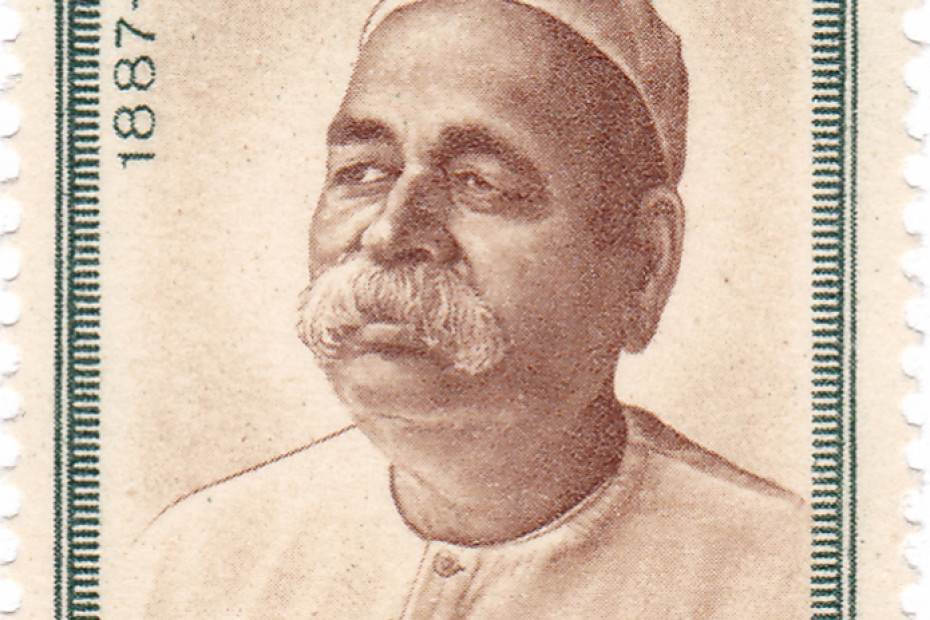In the annals of Indian history, few figures have left as indelible a mark as Govind Ballabh Pant. Awarded the Bharat Ratna, India’s highest civilian honor, in 1957, Pant’s legacy is a testament to his immense contribution to India’s struggle for independence and its post-independence development. His life story is not just a chronicle of personal achievement but a narrative that intertwines with the very fabric of India’s journey towards becoming a sovereign nation.
March 7th marks the Punyatithi of Govind Ballabh Pant ji.
Early Life and Education
Born on September 10, 1887, in Khoont village of Almora in Uttarakhand (then part of British India), Govind Ballabh Pant was raised in an atmosphere steeped in nationalist fervor. His early education took place at home under the tutelage of his grandfather, before he proceeded to Allahabad for higher studies. It was during his time at Muir Central College (now Allahabad University) that Pant was drawn into the freedom movement, inspired by leaders like Mahatma Gandhi and Jawaharlal Nehru.
A Stalwart Freedom Fighter
Pant’s entry into politics was marked by his active participation in the Non-Cooperation Movement of 1920. He was imprisoned several times due to his involvement in various protests against British rule. Notably, his efforts were not just limited to agitations; he also played a significant role in building up the Congress Party’s organizational strength in Uttar Pradesh (then United Provinces).
Post-Independence Contributions
After India gained independence in 1947, Pant transitioned from a freedom fighter to an able administrator. He served as the Chief Minister of Uttar Pradesh from 1950 to 1954, where he implemented significant reforms including the abolition of zamindari (landlordism) and promoting village self-government (Panchayati Raj).
In 1955, he moved to the national political scene as Home Minister under Prime Minister Jawaharlal Nehru’s cabinet. During his tenure, he played a crucial role in reorganizing states on linguistic lines and dealing with challenges posed by states’ rights versus central authority effectively.
Celebrating His Legacy
Govind Ballabh Pant’s legacy is celebrated through various means across India. The G.B. Pant Hospital in New Delhi and G.B. Pant University of Agriculture and Technology in Uttarakhand are named after him, serving as enduring tributes to his contributions towards healthcare and education respectively.
Moreover, every year on September 10th—his birth anniversary—tributes pour in from across the nation remembering this stalwart who dedicated his life to India’s service. His hometown Almora hosts various events commemorating his life and achievements.
Govind Ballabh Pant remains one of the most revered figures in Indian history; a man whose life encapsulates the essence of dedication towards one’s country. His journey from a young freedom fighter to an astute politician showcases an unwavering commitment to public service and national development. As we remember him today at gaathastory or through educational initiatives that bear his name, we are reminded of the enduring power of leadership that places country above self—a principle that is as relevant today as it was during Pant’s lifetime.
